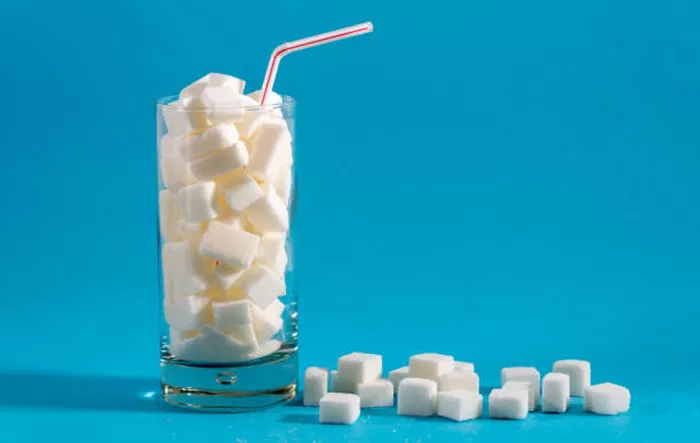PROVO, Utah — Drinking sugary beverages poses a greater health risk than eating sugar, according to new research from Brigham Young University (BYU) and international partners. The large-scale study found that the form in which sugar is consumed plays a key role in the risk of developing type 2 diabetes.
Researchers analyzed global data from over 1 million people and discovered that each daily serving of a sugar-sweetened drink—such as soda, energy drinks, or even fruit juice—increased diabetes risk. Soda raised the risk by 25% per serving, while fruit juice increased it by 5%.
“This is the first study to show a clear dose-response link between sugar sources and diabetes risk,” said Dr. Karen Della Corte, BYU professor and lead author. “Drinking sugar is far more harmful than eating it.”
In contrast, sugar consumed in solid foods—like desserts or fruit—did not raise diabetes risk. In fact, moderate intake (about 20 grams daily) was linked to a slightly reduced risk, likely because these foods also contain fiber and nutrients that slow sugar absorption.
Fruit juice, despite its natural image, was not a healthy substitute for whole fruits. Without fiber, its sugar is quickly absorbed, leading to blood sugar spikes.
“Juice lacks the fiber and protective qualities of whole fruit,” Della Corte said. “Even natural sugars can be harmful in liquid form.”
The findings support a shift in public health guidelines. Instead of warning against all sugars equally, the study urges stronger recommendations specifically targeting sugary drinks.
The full study is published in Advances in Nutrition via ScienceDirect.
Related topics:


